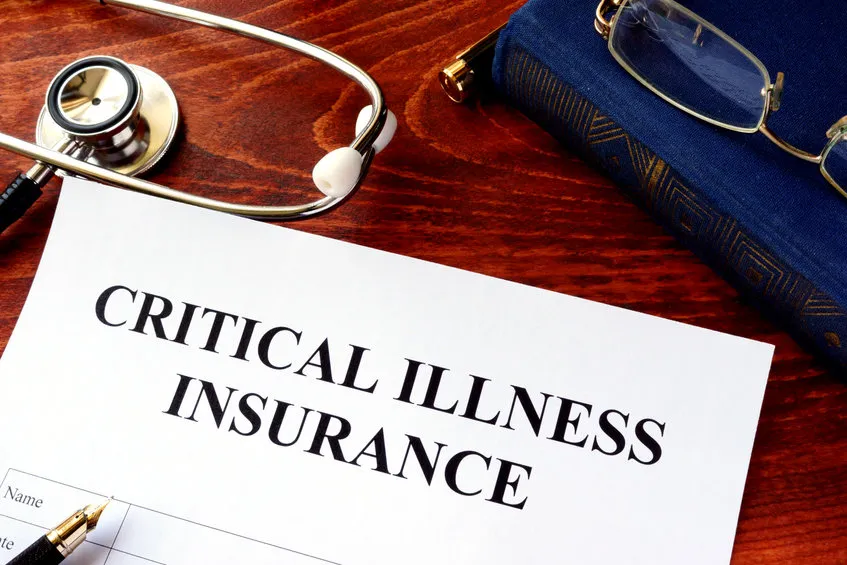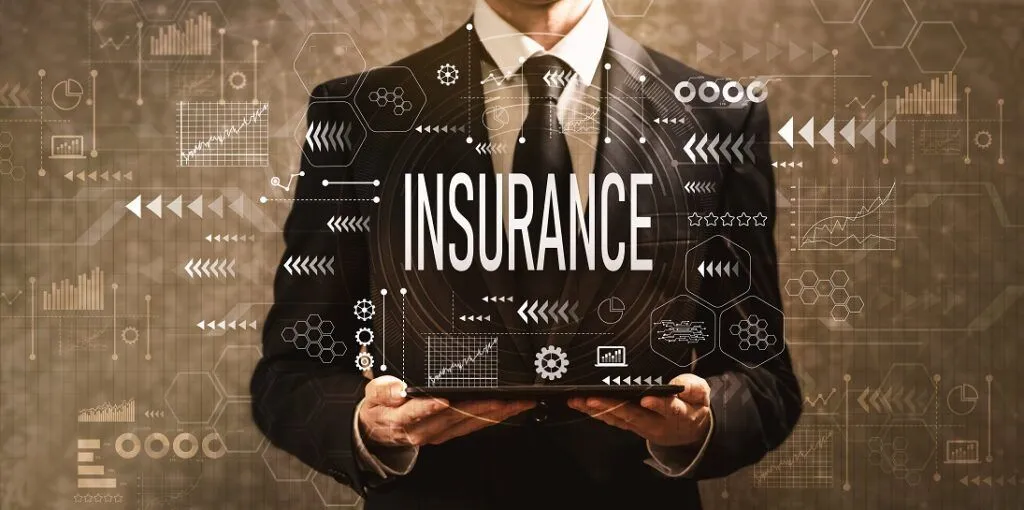Life is unpredictable. One day you’re perfectly healthy, and the next, you could be facing a serious illness like cancer, a heart attack, or a stroke. Medical treatments for such conditions can be expensive, and the financial burden can be overwhelming even with regular health insurance.
This is where critical illness insurance comes in. But what exactly is it? Who should consider getting it? Let’s break it down in simple terms.
What Is Critical Illness Insurance?
Critical illness insurance is a type of insurance policy that pays you a lump sum amount if you’re diagnosed with a serious illness covered under the policy. Unlike regular health insurance (which pays hospitals directly for treatments), this insurance gives cash directly to you—no restrictions on how you use it.
How Does It Work?
- You Buy a Policy. You choose a coverage amount (e.g., 50,000, 100,000, etc.) and pay a monthly or yearly premium.
- If You Get Diagnosed – If you’re diagnosed with a covered illness (like cancer, heart attack, stroke, kidney failure, etc.), the insurance company pays you the full amount.
- Use the Money as You Need – You can use it for medical bills, household expenses, travel for treatment, or even to replace lost income if you can’t work.
What Does It Cover?
Most policies cover major illnesses such as:
- Cancer (usually not early-stage)
- Heart attack
- Stroke
- Kidney failure
- Major organ transplant
- Multiple sclerosis
- Paralysis
- Coronary artery bypass surgery
Some policies also cover additional conditions, so always check the fine print.
Who Needs Critical Illness Insurance?
Not everyone needs critical illness insurance, but it can be a lifesaver for certain people. Here’s who should consider it:
1. People Without Enough Emergency Savings
If you don’t have savings to cover 6-12 months of living expenses, a critical illness could leave you financially stranded. The lump sum payout can help cover bills while you recover.
2. Those with Family History of Serious Illnesses
If your parents or close relatives had cancer, heart disease, or strokes, you might be at higher risk. Having this insurance ensures you’re financially prepared.
3. Self-Employed or Gig Workers
If you don’t have sick leave or employer benefits, a critical illness could mean no income for months. This insurance acts as a safety net.
4. People with High Medical Costs or Mortgages
Even with health insurance, treatments like chemotherapy or surgery can have high out-of-pocket costs. The payout can also help pay your mortgage or rent if you can’t work.
5. Young and Healthy Individuals (Yes, Really!)
Many think, “I’m young and healthy—why do I need this?” But serious illnesses can happen at any age. Buying early also means lower premiums.
Critical Illness Insurance vs. Health Insurance vs. Disability Insurance
People often confuse these three. Here’s the difference:
| Type of Insurance | What It Covers |
|---|---|
| Health Insurance | Pays for hospital stays, doctor visits, and treatments (but may not cover all costs). |
| Disability Insurance | Replaces part of your income if you can’t work due to illness/injury. |
| Critical Illness Insurance | Gives a lump sum cash payout if diagnosed with a serious illness. |
Best case? Have all three for full protection.
Pros and Cons of Critical Illness Insurance
✅ Pros:
✔ Cash in Hand – Use it however you need (medical bills, rent, groceries, etc.).
✔ No Restrictions – Unlike health insurance, you’re not limited to hospital expenses.
✔ Peace of Mind – Less stress about money during recovery.
✔ Can Supplement Other Insurance – Fills gaps left by health/disability insurance.
❌ Cons:
✖ Doesn’t Cover All Illnesses – Only pays for specific conditions listed in the policy.
✖ Can Be Expensive – Premiums increase with age and health risks.
✖ One-Time Payout – Some policies end after paying out once.
How Much Does It Cost?
The cost depends on:
- Your age (younger = cheaper)
- Health condition (healthier = lower premiums)
- Coverage amount (higher payout = higher cost)
- Policy terms (some include return-of-premium options)
Example: A 35-year-old non-smoker might pay 30−50/month for a $50,000 policy.
Should You Get It? Final Thoughts
Critical illness insurance isn’t for everyone, but it’s worth considering if:
- You lack emergency savings.
- Your job doesn’t offer good sick leave or benefits.
- You have a family history of serious illnesses.
- You want extra financial security beyond health insurance.
Best Advice:
- Compare policies before buying.
- Check exclusions (some cancers or early-stage illnesses may not be covered).
- Consider riders (like return-of-premium or additional conditions).
A serious illness is hard enough without money worries. Critical illness insurance can give you one less thing to stress about during recovery.
Got Questions?
If you’re unsure whether this insurance is right for you, talk to a financial advisor or insurance agent. They can help you pick the best plan based on your needs.
Would you consider critical illness insurance? Let us know in the comments!


